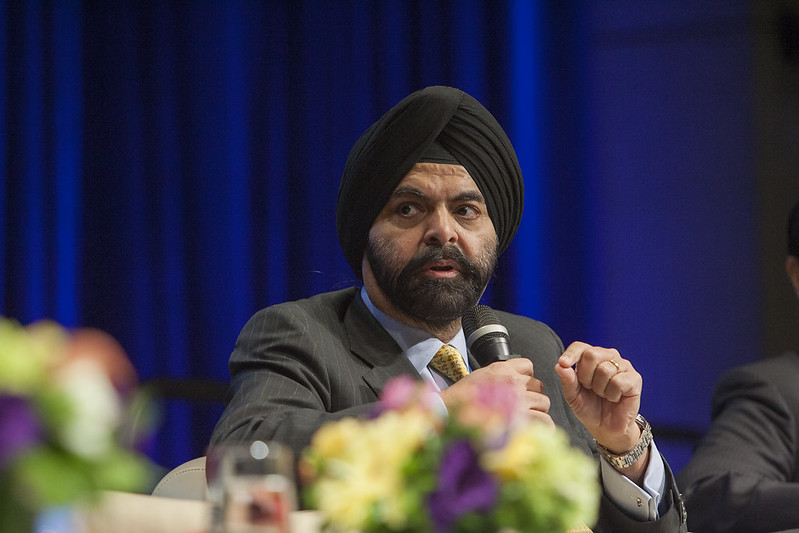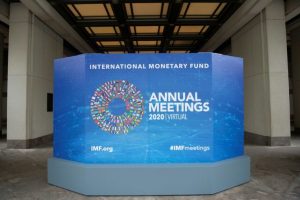Ajay Banga’s nomination as the World Bank Group President is another page in the history of the Bank’s push for US economic influence, which needs to end if peoples in the global South were to shape their own development paths.
Days ago, the United States (US) government announced Ajay Banga as its nominee for the World Bank Group President, following David Malpass’s early resignation. Currently vice-chairman at the investment company General Atlantic, Banga was formerly the CEO of Mastercard and an executive at Citigroup, as well as the former chairman of the International Chamber of Commerce, among others.
IBON International joins civil society organisations in their rejection of the US nominee. We share their distress over this development, which could only mean more of the same and nothing new at the World Bank, if Banga were to be selected.
Over the past years, the world’s multiple crises have presented the need for drastic changes in the global finance landscape. Our time demands the expansion of public spending to respond to people’s needs, especially towards systemic shifts from the pandemic. Our time calls for the protection of peoples’ rights and not the interests and of finance capital, which Banga has previously represented and will likely represent.
Banga holds a record of advocating for net zero targets for private finance, greenwashing the historical role of finance capital in the climate crisis and ongoing fossil fuel extraction. As all previous WBG Presidents have been US nominees and American citizens, we are worried that there is a strong likelihood of Banga being eventually selected.
Banga’s nomination is nevertheless unsurprising. In the time of multiple crises, his business interests could assure a continuity of the World Bank’s problematic development model, founded on the old and discredited idea of relying on private finance.
If Banga were to become WBG President, it would be an early revelation of how the WBG speaks about “evolution” but in truth is further cementing the same harmful economic approaches. It would be another page in the history of WBG’s push for US economic influence, which needs to end if peoples in the global South were to shape their own development paths. #


